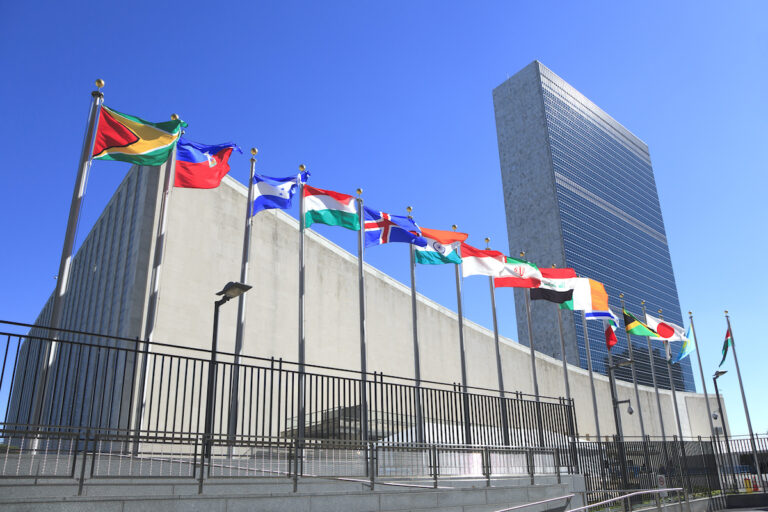Overview
Prevention is at the core of CPPF’s work and activities. Renewed interest in getting prevention right, as outlined in the UN Secretary General’s Vision for Prevention, requires a deliberate effort that brings together multi-stakeholder and multi-level engagement that emphasizes early investment in community-based prevention supported by structural peacebuilding at the local level and reforms at the national level.
CPPF’s far-reaching and diverse network of experts and scholars work on and are from the countries and regions of focus and help bridge the gap between the UN’s development, peace, and human rights pillars. CPPF’s work brings fresh and innovative ideas to the prevention discussions taking place at the UN in the hopes that these will help shape and inform the UN’s prevention and peacebuilding agenda so that it focuses not only on the short-term but also on medium- and long-term prevention strategies rooted in evidence-based analysis.
Our work produces knowledge on how prevention is conceptualized, analyzed, and operationalized. How is prevention put into practice? What have been the successes and failures? What is seen as essential to allow for even minimal success? And are there any lessons learned practices and recommendations that can be adapted to emerging prevention contests?
Current Projects:
Pathways for Peace 5 years on: CPPF is in discussion with the PBSO to convene a series of workshops with the academic and policy communities to discuss the main concepts and assumptions of the Pathways for Peace Report on its fifth anniversary.

